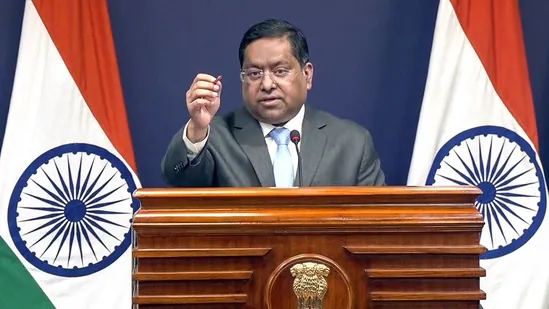Anil Agarwal's $20 Billion Investment Plan: Shaping India's Future
- MGMMTeam

- May 21, 2024
- 3 min read
Introduction
In a major announcement on Wednesday, May 1, Anil Agarwal, the chairman of the Vedanta Group, revealed ambitious plans to invest a staggering $20 billion across the conglomerate's Indian businesses over the next four years. This massive investment commitment underscores the group's unwavering confidence in the Indian economy and its determination to play a pivotal role in driving the country's industrial growth and technological advancement.
The Investment Roadmap
Agarwal's investment strategy is multifaceted, with a particular focus on technology, electronics, and the glass sector, alongside the group's existing ventures. The billionaire industrialist emphasized the critical importance of semiconductors and glass in future markets, highlighting Vedanta's current presence in both these areas.
Semiconductor and Glass Manufacturing
One of the key initiatives outlined by Agarwal is the establishment of a semiconductor plant in the western state of Gujarat. Recognizing the strategic significance of this industry, Vedanta is actively seeking a suitable partner to collaborate on this project, which promises to bolster India's technological capabilities and reduce its reliance on imports.
Moreover, Agarwal underscored the need for capacity building in India's glass manufacturing sector. Despite the group's existing glass production operations in other countries, he stressed the importance of developing domestic manufacturing capabilities to meet the growing demand for glass products, particularly in the burgeoning electronics and construction industries.
Steel Business Divestment
Addressing concerns over the delayed sale of Vedanta's steel business, Agarwal clarified that the group would only consider divesting if the right price is offered. He highlighted the steel business's profitability and skilled workforce, emphasizing the group's commitment to its operation if a satisfactory offer is not received.
Agarwal sought to allay any apprehensions regarding the group's debt position, stating that the current debt stands at a manageable $12 billion. He pointed to Vedanta's track record of meeting repayment obligations, underscoring the substantial investment required to establish each business from scratch.
Mineral Extraction and Foreign Investment
The billionaire based in London emphasized the historical significance of mineral extraction in the development of advanced economies, reflecting on his deep involvement in crucial sectors. He also expressed concern over the environmental implications of mining in India but remained optimistic about the country's ability to attract foreign investors, anticipating a favorable post-election environment for entrepreneurship.
Bihar Catalyst and Philanthropic Initiatives
Hailing from Bihar, Agarwal expressed a desire to catalyze growth in his home state but stressed the necessity of robust policy support from the government. On the philanthropic front, he outlined plans to expand the Nand Ghar program, which aims to establish 25,000 centers over the next two years, benefiting over 7 crore (70 million) children and 2 crore (20 million) women eventually.
Future Ventures and Societal Impact
While hinting at potential investments in the entertainment sector, Agarwal acknowledged his limited understanding of the industry. However, he emphasized the broader societal impact of entertainment beyond profits, advocating for its role in nurturing cultural values alongside interests in education, healthcare, and sports, which he identified as hallmarks of successful corporations worldwide.
Vedanta's Origins and Growth
The article provides historical context on Vedanta's origins and growth trajectory. In the 1980s, the company, then known as Sterlite Industries, was established by founder D.P. Agarwal in Mumbai. Initially focused on acquiring mining concessions across India, the company saw the involvement of D.P. Agarwal's sons, Navin Agarwal and Anil Agarwal, who now oversee its operations.
During the 1990s, Sterlite ventured into acquiring distressed state-owned enterprises as the Indian government divested them, successfully acquiring BALCO and Hindustan Zinc Limited. The article also delves into the complex corporate structure involving entities like Volcan Investments and Twinstar Holdings, as well as regulatory scrutiny over alleged violations of foreign exchange laws.
Conclusion
Anil Agarwal's ambitious $20 billion investment plan for Vedanta Group's Indian businesses is a testament to the conglomerate's confidence in the country's economic potential and its commitment to driving industrial growth and technological advancement. With a focus on strategic sectors like semiconductors, glass manufacturing, and existing ventures, this massive investment promises to create numerous employment opportunities and position India as a global manufacturing hub. However, the success of this endeavor will hinge on effective execution, partnerships, and conducive policy support from the government.




Comments